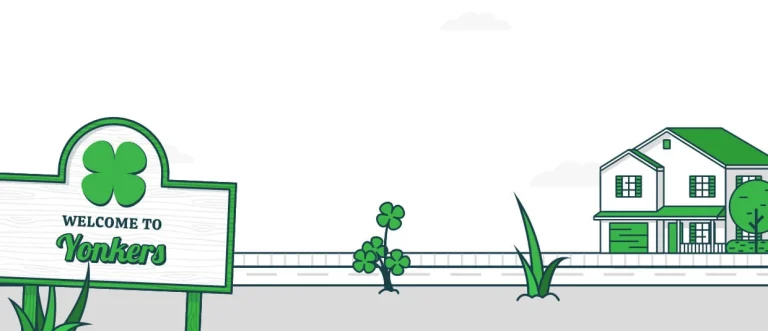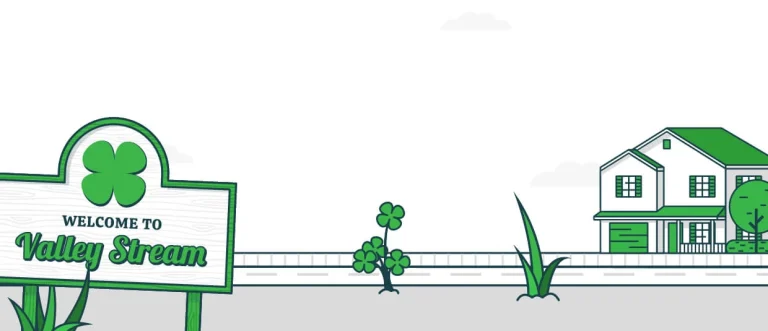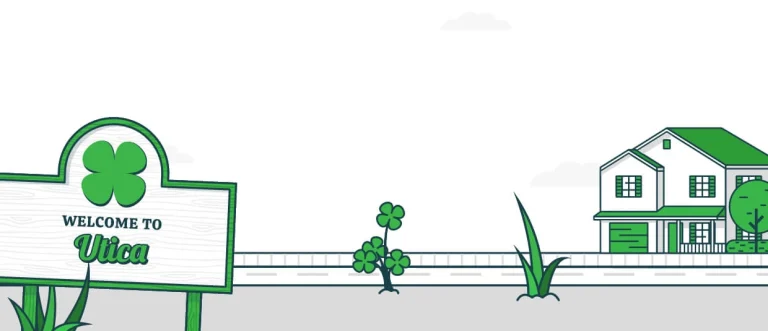Trampolines and homeowners insurance don’t exactly mix well. It’s so easy for someone to get hurt on a trampoline, which results in a considerable liability risk for your insurer. Trampolines are what’s called an attractive nuisance: something that might attract children onto your property (with your knowledge or not) that could result in them getting hurt.
This article will explain all the facets of the relationship between home insurance and trampolines, from whether or not you’re covered to the associated cost.
Does Homeowners Insurance Cover Trampolines?
Rules about trampoline insurance coverage vary from insurance company to insurance company. Sometimes, insurers have had bad experiences with trampolines in the past and ban them altogether. Other times, they include trampoline coverage in their standard homeowners insurance automatically.
Basically, your policy will fall into one of the following categories when it comes to a trampoline and home insurance:
- Automatic coverage: Some insurance companies consider trampolines just another piece of your property that they cover. If you read your policy from beginning to end and find no mention of trampolines, your insurer probably falls into this boat, and you’re totally covered.
- Coverage at an additional cost: Some insurers don’t offer trampoline coverage on standard homeowners insurance but do allow you to add an endorsement to your policy to cover your trampoline. Adding an endorsement will increase your insurance premiums.
- Coverage with restrictions: Other insurers set safety stipulations for trampolines. They may require that the trampoline be fenced in, have a safety net, or sit on top of a soft material such as grass or rubber mulch.
- Coverage with a trampoline liability exclusion: Your policy may have a trampoline liability exclusion, which means your personal property coverage covers damage to the trampoline itself, but your liability coverage doesn’t apply if someone gets hurt on the trampoline.
- No coverage: Finally, some insurance companies refuse to cover trampolines at all. They might not even let you renew your policy if you have a trampoline. Usually, if an insurance policy excludes trampolines, it should say so in your paperwork.
You can read your homeowners insurance policy to find out if it covers trampolines, but, of course, it never hurts to ask your insurance agent or provider just to be sure. It’s a good idea to ask before you get a trampoline. Also keep in mind that your insurer’s rules about trampolines could change over time, so you should check in every time you’re about to renew your policy.
What Insurance Companies Cover Trampolines?
There are tons of insurance providers out there, so this is by no means an extensive list, but here are some home insurance companies that cover trampolines as of when this was written:
- Travelers: Covers trampolines on regular homeowners policies (just make sure you disclose you have a trampoline when you sign up for a policy)
- Stillwater Insurance Group: Covers trampolines that are fenced in and have a safety net
- Florida Peninsula Insurance Company: Covers trampolines through an additional liability endorsement
- Farmers Insurance: Covers trampolines that are fenced in and have a safety net
- Allstate: Covers trampolines; coverage varies from policy to policy
- Geico: Covers trampolines that are fenced in and have a safety net
- Amica Mutual Insurance: Covers trampolines that are fenced in and have a safety net
- Liberty Mutual: Covers trampolines only in some states
- Progressive: Covers trampolines on regular homeowners policies (just make sure you disclose you have a trampoline when you sign up for a policy)
- Nationwide Mutual Insurance Company: Covers trampolines that are fenced in and have a safety net
Does Homeowners Insurance Cover Trampoline Accidents?
The liability portion of your home insurance may cover medical and legal expenses if someone who doesn’t live in your home gets hurt on your trampoline, such as a neighborhood kid. However, liability coverage doesn’t extend to you and other members of your household.
If your policy excludes trampolines altogether or has a trampoline liability exclusion, you’re on your own to pay for medical and legal expenses if someone gets in a trampoline-related accident.
Even if your policy covers trampolines automatically, we recommend investing in an umbrella policy, which increases your liability coverage up to $5 million. People, especially children, are more likely to be seriously injured on your property when you have a trampoline, and those medical expenses could easily surpass your standard liability coverage limits.
Does Homeowners Insurance Cover Trampoline Damage?
The personal property portion of your homeowners insurance probably covers your trampoline. That means that if a covered peril (such as a storm or fire) damages your trampoline, your insurance will pay to repair or replace it up to your policy limit.
Some policies don’t extend to trampolines at all, so it’s best to check with your insurance agent or provider about your coverage.
How Much Does Trampoline Insurance Cost?
Technically, there’s no such thing as trampoline insurance. But trampoline coverage on your homeowners or renters insurance policy can add to your premiums. Again, the cost depends on your insurer and your policy.
Does a Trampoline Increase Homeowners Insurance?
Owning a trampoline can make your homeowners insurance more expensive, but only in some cases. If your homeowners insurance covers your trampoline automatically, that coverage won’t affect your rates. On the other hand, if you have to add an endorsement or umbrella policy for your trampoline to be covered, that will increase your costs.
Do You Have to Report a Trampoline to Your Insurance Company?
Yes, you need to disclose your trampoline to your insurer. You might think you can avoid all these concerns about trampolines and insurance simply by not telling your insurance company, but that’s a risky gamble. If your insurer finds out (and they probably will), they might drop you or refuse to pay a claim because you misrepresented (lied about) your property.
The editorial content on Clovered’s website is meant to be informational material and should not be considered legal advice.




